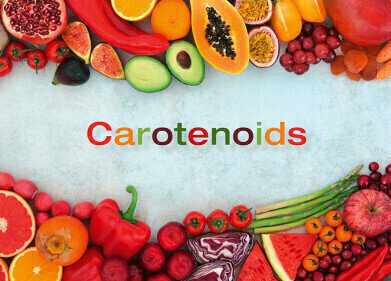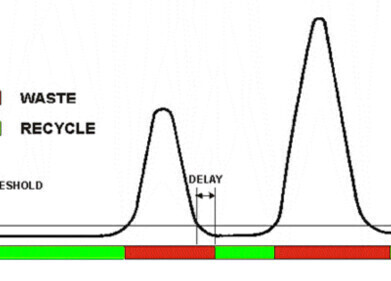HPLC, UHPLC
Introducing Caffeine — the New Performance-Enhancing Drug
Dec 02 2014
Coffee and tea are two of the favourite drinks in the UK. Millions of people brew-up for their morning pick-me-up every day, enjoying a little caffeine fuelled alertness in the process. But what is caffeine exactly? And is it more powerful than previously thought?
What is Caffeine?
Caffeine is a naturally occurring compound known officially as 1,3,7-Trimethylpurine-2,6-dione. It has the formula C8H10N4O2 and belongs to a group known as xanthine alkaloids. It is found in many different plants, but is we typically think of it as a product of coffee plant seeds and tea bush leaves.
Believe it or not, caffeine is classed as a drug rather than as a nutrient, because it has a pharmacological action on the body as a stimulant. Caffeine can help keep you awake - it does this by binding to the receptors of adenosine, which is a neurotransmitter found in the central nervous system. As adenosine binds to its receptors, we feel fatigued and tired. If we consume drinks containing caffeine, it can easily enter the blood and bind to adenosine’s receptors. This prevents adenosine binding to them and prevents fatigue setting in. So rather than waking people up, caffeine prevents fatigue. But does that make caffeine performance enhancing?
Does caffeine enhance performance?
In 2004, caffeine was removed from the World Anti-Doping Agency (WADA) Prohibited List. From that point forward caffeine was no longer a banned drug, but WADA continues to monitor the drug to detect patterns of misuse in sport. The WADA website currently states that although there is no abuse of the drug, there is increased consumption in the athletic population.
It’s suggested that the dose of caffeine needed for a performance enhancement is 1-3 mg/kg. This equates to about two cups of coffee for a 70 kg person, which is no different from an everyday dose of caffeine.
|
Product |
Caffeine content mg/cup |
|
Instant Coffee |
60 |
|
Tea |
40 |
|
Green Tea |
40 |
|
Ground Coffee |
60-120 |
|
Cola |
40 |
|
Energy Gel |
25 |
|
Dark Chocolate |
40 |
The methods used to test for caffeine levels in drinks include capillary electrophoresis, thin layer chromatography and high-performance liquid chromatography.
Faster, Further, Higher?
So what does the research tell us? The first thing to note is that this is a big topic, with a vast amount of research undertaken. The research does not just look at performance levels either, as shown in this news story: Beverage Analysis Finds Coffee Could Extend Life Expectancy. However, most of the research suggests that caffeine does improve performance. It allows you to train for longer as it can reduce the fatigue felt during training. There are also some sports where caffeine can enhance your performance; these tend to be endurance sports and some high-intensity sports lasting between a few minutes to an hour such as rowing. Can it help you sprint faster? Probably not.
Image Source: Coffee
Digital Edition
Chromatography Today - Buyers' Guide 2022
October 2023
In This Edition Modern & Practical Applications - Accelerating ADC Development with Mass Spectrometry - Implementing High-Resolution Ion Mobility into Peptide Mapping Workflows Chromatogr...
View all digital editions
Events
Apr 23 2024 Kintex, South Korea
Apr 23 2024 Seoul, South Korea
Apr 28 2024 Montreal, Quebec, Canada
May 05 2024 Seville, Spain
May 15 2024 Birmingham, UK














